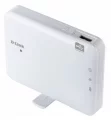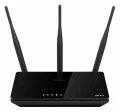D-Link Wireless N300 DWR-116 router review
D-Link introduced the Wireless N300 DWR-116 router in 2013. It is powered by MediaTek MT7620N @ 580 MHz chipset, 32 MB of RAM, and 4 MB of flash memory.
Curious to know if the Wireless N300 DWR-116 is top-notch? Find out soon!
Table of Contents
- D-Link Wireless N300 DWR-116 specifications
- Body, dimensions, weight
- System, chipset, RAM, flash, power supply
- Network, protocols, WAN and LAN ports
- Wireless, antennas, speed, security
- Connectivity
- Administration, user interface, login information
- Links
- Verdict, Pros and Cons
- Photos
- Comparisons
Our personal experiences and opinions form the basis of this article. We aimed to share insights on a topic, and we hoped others would find it useful and inspirational. If you noticed any mistakes or missing details about the D-Link Wireless N300 DWR-116, please let us know.
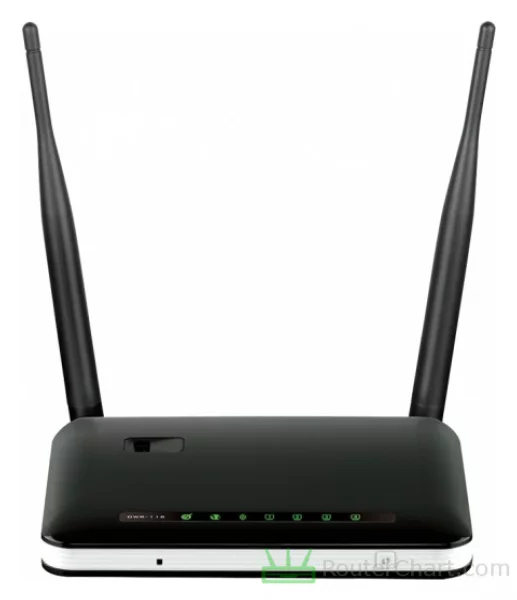
The Wireless N300 DWR-116 is a basic Wi-Fi router. It provides reliable wireless connectivity for small homes. D-Link is a well-known manufacturer in the networking industry.
D-Link Wireless N300 DWR-116 specifications
| Brand | D-Link |
|---|---|
| Name | Wireless N300 DWR-116 |
| Type | DWR-116 |
| Rating | |
| Launch | 2013 |
Body
| Dimensions | 148.5 x 113.5 x 25 mm |
|---|---|
| Weight | 300 g |
If you live in a small apartment, the size of the router is crucial to deciding whether it will fit. The weight of the router is not typically a critical factor for most setups.
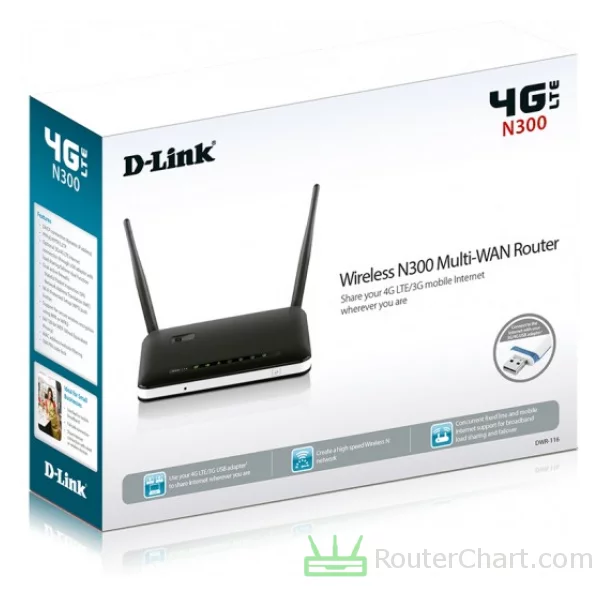
System
| Chipset | MediaTek MT7620N @ 580 MHz |
|---|---|
| RAM | 32 MB |
| Flash | 4 MB |
| OS | D-Link |
| Power supply | 5 V / 2 A |
The MediaTek MT7620N @ 580 MHz CPU affects the router's performance, working with RAM and firmware. You cannot expand the router's memory (32 MB). When selecting a router, it's essential to think about the RAM specifications.
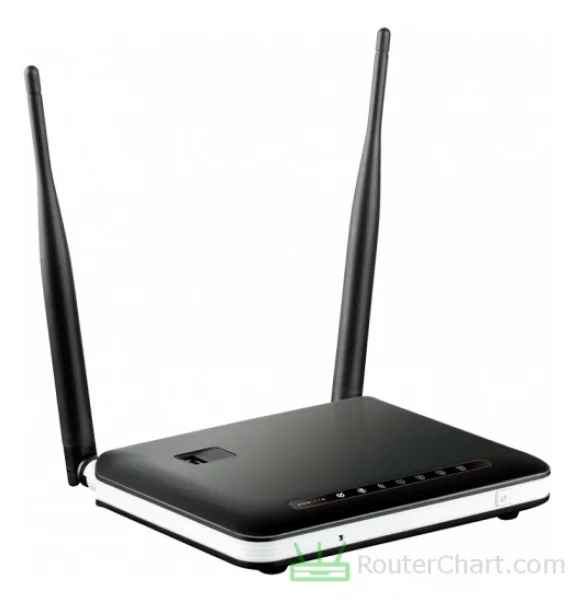
Network
| Protocols | IPv4 IPv6 |
|---|---|
| LAN ports | 4 x 10/100 Mbps |
| WAN ports | 1 x 10/100 Mbps |
| Mobile network | 4G LTE/HSPA+/HSUPA/HSDPA/UMTS |
| VPN support | PPTP L2TP |
The Wireless N300 DWR-116 router is compatible with IPv6. IPv6 offers many enhancements and improvements over IPv4. Wired connections may bottleneck due to the limits of Fast Ethernet ports.
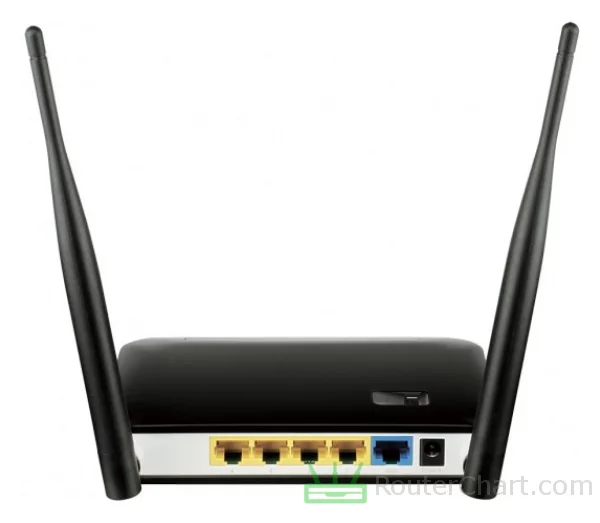
Wireless
| Antennas | 2 x 5 dBi |
|---|---|
| 2.4 GHz | yes |
| 5 GHz | no |
| 60 GHz | no |
| Standards | IEEE 802.11b/g/n |
| Class | N300 |
| Speed | 300 Mbps |
| Transmit power | 20 dBm |
| Security | WPA WPA2 WPS |
| Guest network | no |
The 2.4GHz band refers to the part of the radio spectrum between 2.400 and 2.4835 gigahertz. Older routers have a more limited range than newer Wi-Fi standards. So, they're less suitable for larger homes or offices. The introduction of WPA2 (Wi-Fi Protected Access 2) improved upon WEP. It provides stronger security. The Wi-Fi Protected Setup (WPS) lets you join a safe wireless network with the push of a button or a simple PIN entry.
Connectivity
| USB ports | 1 x USB 2.0 |
|---|---|
| Print server | yes |
| File server | yes |
The USB 2 port has a maximum theoretical data transfer rate of 480 megabits per second (Mbps). A USB print server lets you connect a printer to your network. Then, computers can print to it without a direct connection. The Wireless N300 DWR-116 router lets you schedule backups. You can back up to the connected USB storage device.
Administration
| Default IP | 192.168.0.1 |
|---|---|
| Default username | Admin |
| Default password | [blank] |
Changing the password often is a good security practice. It protects your network and devices from unauthorized access. Changing the default password improves your router's security. It reduces the risk of unauthorized individuals controlling your network.
Links
| Official site | https://www.dlink.com/ |
|---|
Pros and Cons
Every router, including this D-Link one, has its good sides and not-so-good sides. Let's take a closer look at both to get a full understanding of what this router can do. Just remember, this is just what I think, and you might see things differently.
Pros
- lightweight
- IPv6 capable
- WPS friendly
- USB 2 compatible
- printserver functionality
- fileserver operation
Cons
- insufficient flash
- lack of Gigabit LAN
- Non-gigabit WAN port
- missing Wi-Fi 6 support
- lacks Wi-Fi 5 compatibility
- reduced Wi-Fi bandwidth
- incompatible with WPA3
D-Link Wireless N300 DWR-116 photos
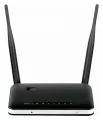
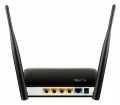
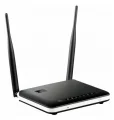
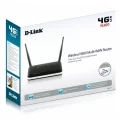

D-Link Wireless N300 DWR-116 comparisons
We've noticed that many of our visitors like to compare the D-Link Wireless N300 DWR-116 router with these popular models.
If there’s information about the D-Link Wireless N300 DWR-116 that you would like to see on this site, then write to us.
Updated: May 25, 2024



